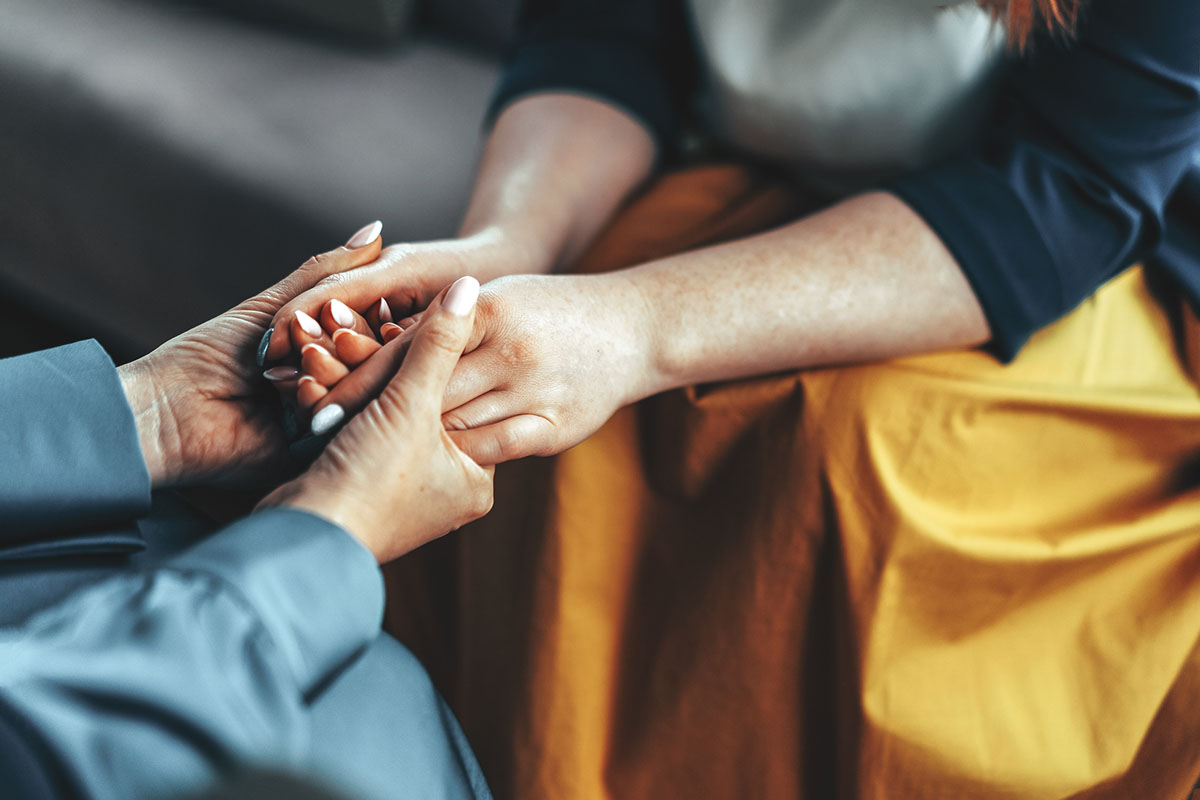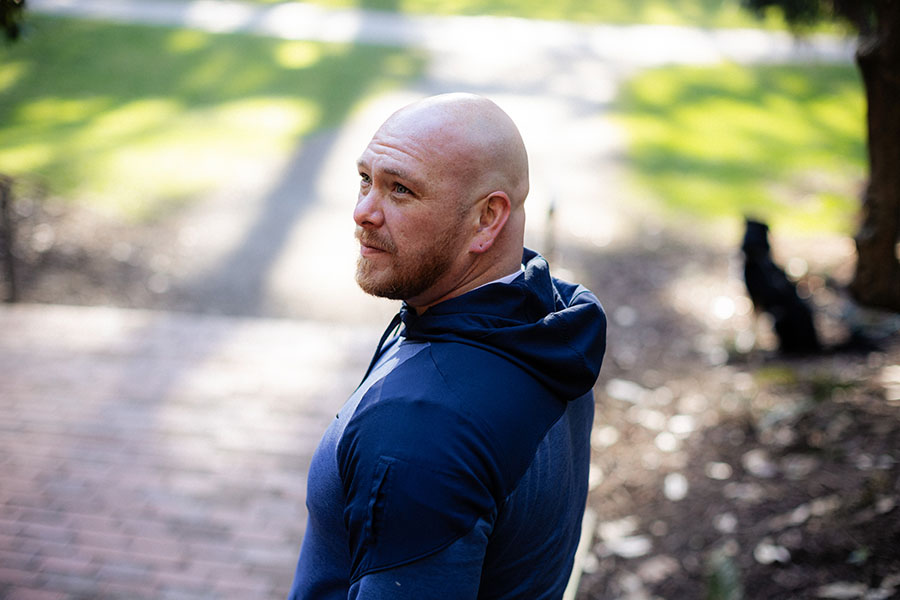Depression: A common and serious health issue

Feeling blue, down in the dumps, in a funk: There are many ways to describe depression. It can affect people of different ages, ethnicities and genders. But what exactly is it, and how do you know if you—or someone you love—has it?
Depression symptoms to know
Depression is often called major depression or major depressive disorder in medical terms. It is not the same as having a bad day. People with depression experience symptoms for at least two weeks, for most of the day, every day.
Here are some of the possible signs:
- Feeling hopeless, worthless or guilty
- Having a persistently sad, anxious mood
- Not enjoying things you used to
- Trouble sleeping or sleeping too much
- Fatigue or low energy
- A significant change in appetite (eating too much or too little), and weight changes
- Being easily irritated or frustrated
- Trouble concentrating, remembering things or making decisions
- Experiencing headaches, stomach aches or sexual dysfunction
- Thoughts of self-harm or suicide
Not everyone with depression will experience all of these symptoms. The symptoms can also range from mild to severe.
People with depression tend to have a clear change in their day-to-day functioning, such as how well they are doing in work or school, their personal relationships and their hobbies.
Depression resources
Crisis support
Visit Suicide & Crisis Lifeline, call or text 988, or chat online.
Free/low-cost screenings
Contact your health care provider, county mental health office, or coordinated care organization (CCO).
Peer support, groups and classes
Visit NAMI Oregon, the Oregon chapter of the National Alliance on Mental Illness (NAMI).
For CareOregon members
Review CareOregon mental health resources, which include counseling, therapy, substance use treatment and medication.
Depression statistics
Depression is very common. In 2021, more than 8% of adults in the United States reported having a major depressive episode in the last year. Researchers estimate that around 1 in 6 people will experience depression at some point in their life.
And in 2023, anxiety and/or depression affected over 32 percent of adults in the United States, but the rates were even higher in Oregon: over 35 percent. There are many reasons for this, including challenges with access to care, particularly in rural areas—something CareOregon is working hard to address.
Depression risk factors
Depression can affect anyone. But some factors can put people at greater risk for depression:
- Genetics: Depression can run in families. Researchers at Stanford University suggest that about 50% of the cause of depression is genetic, especially in cases of severe depression. However, just because a family member has depression does not automatically mean you will develop it too.
- Chronic medical conditions: Depression can be more common in people who are dealing with chronic illnesses such as diabetes, chronic pain, cancer, heart disease and many other conditions that affect your quality of life.
- Stress: Difficult experiences such as sexual abuse, trauma, death of a loved one and divorce can sometimes trigger depression.
- Substance use: While some people begin using substances to cope with feelings of depression, misusing substances can also trigger changes in brain structure and function that increase the risk for depression, along with other mental conditions like anxiety and post-traumatic stress disorder (PTSD).
Getting help for depression
The good news is that major depression is highly treatable. This may involve a combination of therapy, lifestyle changes and medication.
The right treatment plan can vary from one person to another, which is why it’s important to seek help from a mental health provider. Your health care provider can refer you to one.
Getting help for depression is one of the best things you can do for yourself and your loved ones. There’s no shame in getting help; depression is a health condition, and like any health condition, it gets better with medical treatment.









